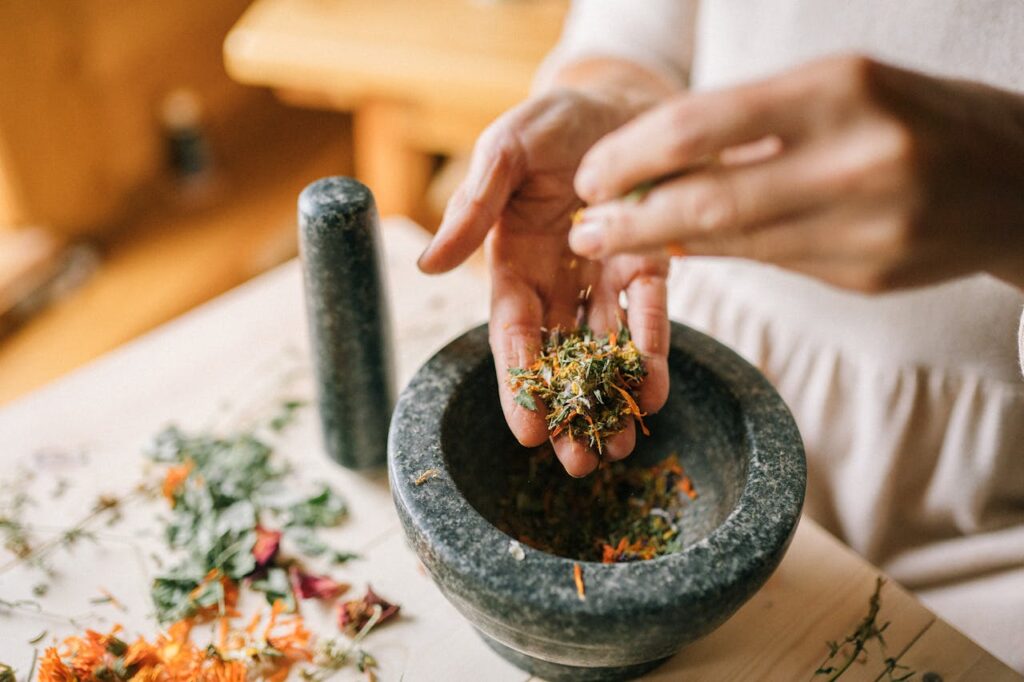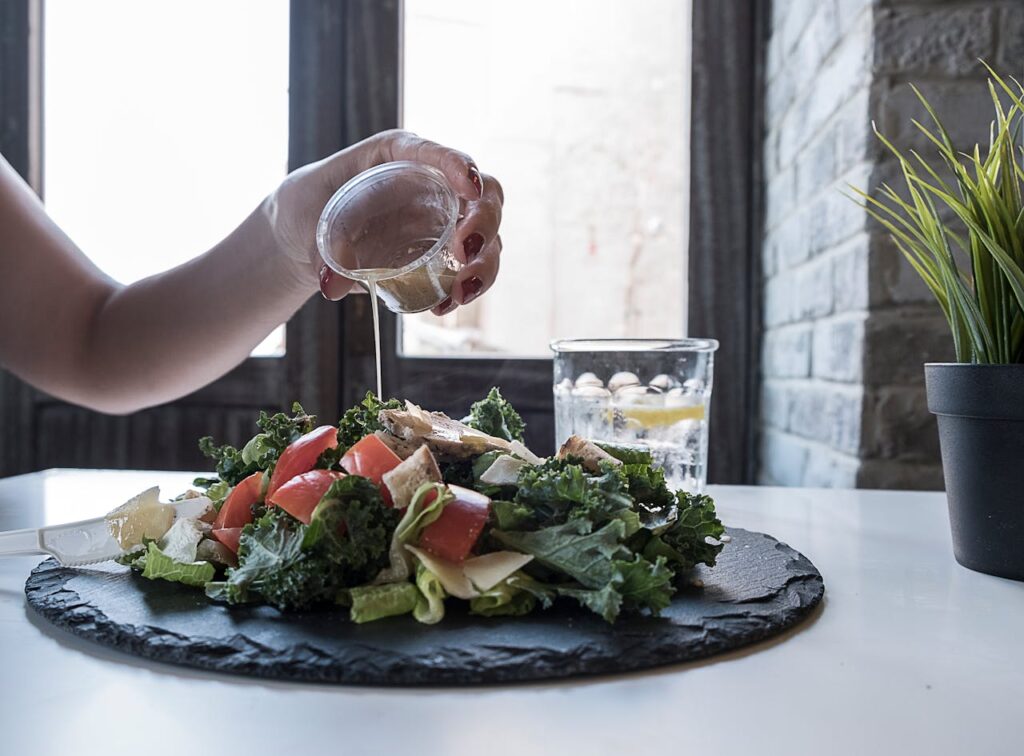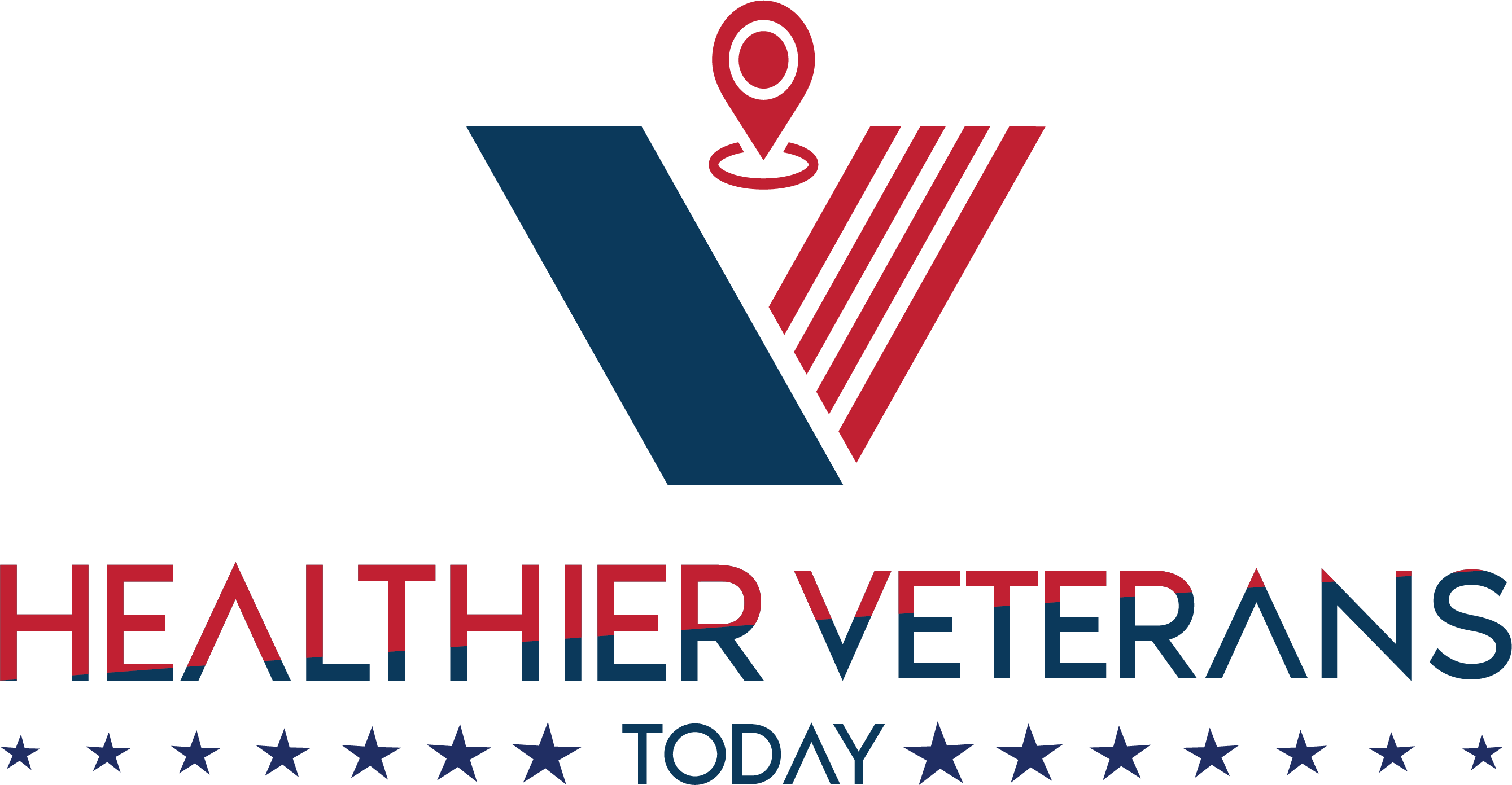In today’s world, wellness extends beyond traditional medical practices. Veterans struggle with many issues like PTSD, depression, anxiety, chronic pain, substance abuse, social isolation and physical health issues. Holistic wellness offers incredible approaches and alternatives to improve their well-being. But what is the difference between holistic health and wholistic health? This article helps you understand the differences, similarities, the benefits, how to choose between the two and tips to incorporate them into your daily life.
Table of Contents
What is Holistic Wellness?

Holistic health treats the person instead of just the symptoms of a disease. This means that the mind, body, and spirit are treated. Now, these practitioners use different methods.
They are:
- Alternative Therapies: This includes acupuncture, herbal medicine and chiropractic care.
- Nutrition: The focus is on balancing diets to support overall health.
- Mental Health: It includes mindful practices like breathing exercises, counseling and stress management techniques.
What is Wholistic Wellness?

Wholistic health is quite similar to holistic health, but it’s not the same. Wholistic focuses greatly on the interconnectedness of all aspects of life. This means that it considers things like the environment, social and emotional elements and how they impact health. It encourages individuals to view everything around and in them. Let’s take a look at the key differences next.
Holistic vs Wholistic Health
- Focus: Holistic health focuses mostly on treating the individual with healing practices like alternative therapies, nutrition and mental health. Wholistic health focuses on the connection between an individual’s health, environment, relationships, and even lifestyle choices.
- Philosophy: Holistic health is an individualized approach, whereas wholistic promotes a broader view that needs social and environmental contexts.
Similarities Between Holistic and Wholistic Approaches
- Prevention: Both of these approaches focus on prevention, which helps to address potential health issues before they arise and cause significant harm.
- Empowerment: The two encourage individuals to take care of their health, which actively promotes self-care.
Benefits of Choosing Holistic or Wholistic Health Approaches
Whether you are choosing holistic or wholistic health. Both have some incredible benefits.
These benefits include:
- Improves Physical Health: As aforementioned, veterans struggle with various issues, which can include chronic and physical ailments. These two approaches can provide these veterans with relief through alternative therapies and label changes.
- Enhances Mental Well-Being: Veterans face more than just physical issues. They often phase conditions like anxiety and PTSD, which can be managed effectively through counseling, meditation and mindfulness.
- Quality of Life: By addressing all aspects of life, veterans are able to experience and improve their quality of life, which fosters both resilience and fulfillment.
How to Choose Between Holistic and Wholistic Approaches

Choosing between the two greatly depends on an individual’s needs and preferences, such as health, resources, and how you view health.
Here are some questions to help you:
- What do you want to work on? If you want to focus on specific symptoms, then choose holistic health, but if you would like to improve your overall lifestyle, then wholistic would be a better fit.
- Are there resources? These approaches depend on local practitioners, support groups and even community resources. But if traveling is not an issue, then avoid this question.
- What is your perspective on health? If you see it as an individual journey, then opt for holistic. Wholistic is a part of the larger community.
Practical Tips for Incorporating Holistic or Wholistic Health into Daily Life
Are you eager to incorporate holistic practices into your life? The tips below can help veterans integrate more easily.
- Set aside some time each day to practice mindfulness to help reduce stress and improve mental clarity.
- Focus on eating a balanced diet rich in whole foods. You can consult or work with a nutritionist to create a personalized plan if you like.
- Add some physical activity to your schedule, but make sure that it’s something that you enjoy. This can include walking, yoga or a team sport to improve your physical and mental well-being.
- Engage with local veteran groups or wellness communities that share your interests or values to foster connections. This will aid in your health journey.
Addressing the Stigma
There is a stigma around alternative therapies. In traditional military culture, there is a strong focus on resilience and toughness, which can lead veterans to prioritize conventional treatments. These include medication or surgery. Views of other therapies like acupuncture and herbal remedies as a soft option.
But everyone has opinions and beliefs surrounding topics like holistic wellness – just make sure that your values align with these approaches. If you find yourself second-guessing and worrying about your reputation as you enter a whole New World of wellness, remind yourself of the incredible benefits and how many veterans have healed and lived great lives all because of these practices.
Conclusion

Both approaches have a lot to offer veterans, and understanding the differences and similarities between these philosophies can help veterans make informed decisions. The option should align with personal health goals.
Holistic and wholistic can lead to a more fulfilling life, which will empower veterans to take charge of their health and well-being. It’s definitely a journey worth taking!





